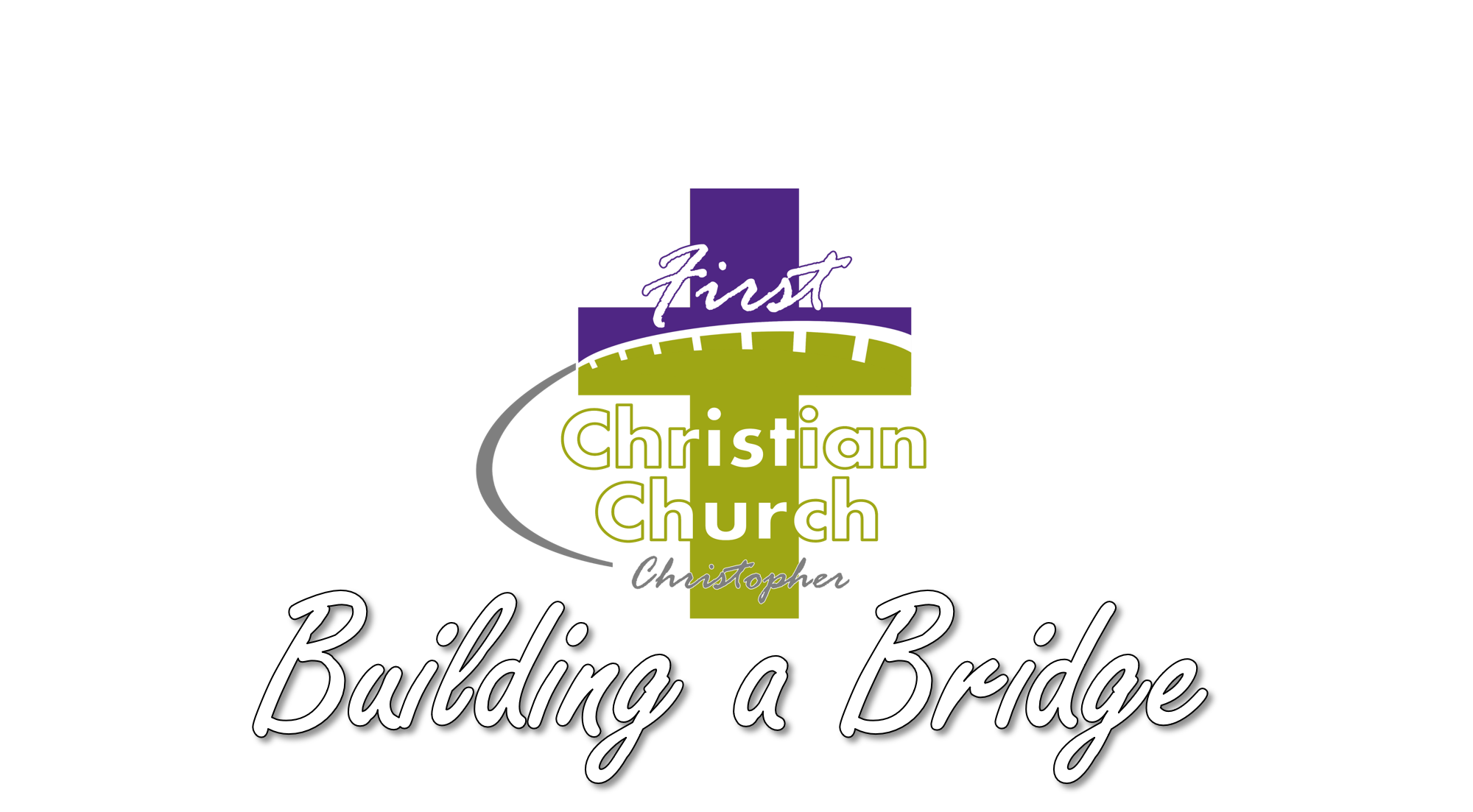Years ago a conscientious soul broken from the disease of alcoholism, established what we now refer to as Alcoholics Anonymous. His name was Bill Wilson, but around the “tables,” he was known simply as “Bill W.” He, along with his partner “Dr. Bob,” developed the “Twelve Steps” that millions hold dear to this day. Each step leading to the next is a milestone, but more precisely, a point of confession and action. These steps form a basis upon which a soul can first understand the gravity of personal responsibility, then move towards reconciliation with others, and then with God (higher power). The end result is sustainable sobriety, but the alcoholic understands that making amends is essential to wholeness and reconciliation.
In Leviticus chapter six, we learn that God has also placed in reach of seekers a divine process of restitution. In this exercise, souls are described as not only harming themselves with the aftermath of sin, but also harming those around them.
“Suppose you cheat in a deal involving a security deposit, or you steal or commit fraud, or you find lost property and lie about it, or you lie while swearing to tell the truth, or you commit any other such sin. If you have sinned in any of these ways, you are guilty” (Leviticus 6:2-4, NLT).
This list of sin goes on and on and illustrates that the trail of spiritual indiscretion affects everyone, particularly those closest to us. How does a person go about making things right, or, make amends?
“You must make restitution by paying the full price plus an additional 20 percent to the person you have harmed. On the same day you must present a guilt offering. As a guilt offering to the Lord, you must bring to the priest your own ram with no defects” (Leviticus 6:5-6. NLT).
This “payback” function of reconciliation involves personal accountability, but also a willingness to right the wrongs inflicted on others. Such is also the case in our lives. Without making amends, there can be no forgiveness. This also means there can be no healing.
Sometimes people think that grace provides an umbrella of forgiveness through which no amends are necessary. God’s grace covers ours sins, therefore we can “reboot” and move on, right?
The text offers a different process for redemption. Once the moral inventory of life illuminates our sin, responsibility causes the penitent soul to make things right first, then, seek the Lord’s forgiveness. In the Old Testament the process was clear: “Through this process, the priest will purify you before the Lord, making you right with him, and you will be forgiven for any of these sins you have committed” (Leviticus 6:7, NLT).
So, not a “twelve-stepper?” Perhaps you should start. In doing so, you might find yourself at the altar of God’s grace having fully made amends to others embracing a greater truth.
